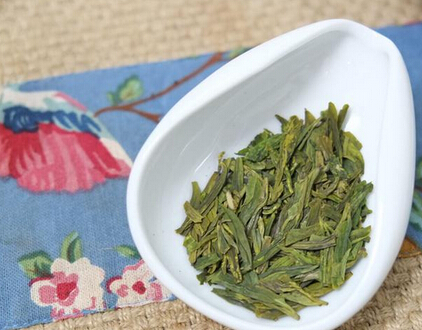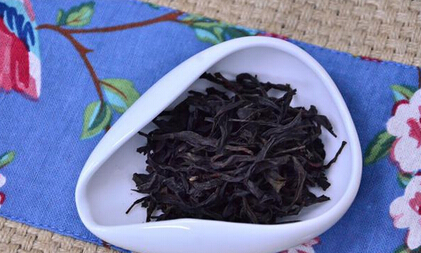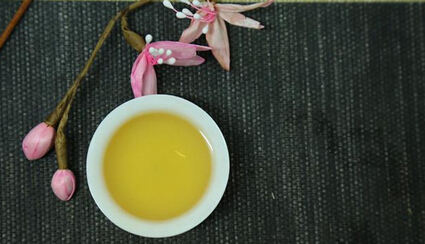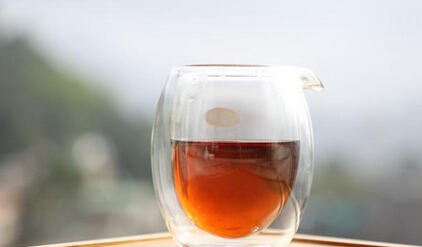Everyone knows that different types of tea have different effects, so it's necessary to drink different teas in different seasons. But in reality, besides matching the season, you also need to consider your personal constitution. Especially in this cold winter, are you really drinking the right tea?

Green Tea
Suitable for: Office workers
Today's office workers not only face immense work pressure but also spend over ten hours a day staring at computer screens, leading to severe sub-health conditions. Since green tea is unfermented, it has a cooling nature and is high in vitamin C. Green tea is particularly effective in lowering blood lipids, preventing computer radiation, and fighting cancer. You can try renowned green teas like West Lake Longjing and Biluochun. However, the cooling nature of green tea may irritate the stomach, so those with weak spleen or stomach should drink it in moderation.

Oolong Tea
Suitable for: Overweight individuals
Oolong tea, also known as Qingcha, is semi-fermented. The tea polysaccharides and polyphenols in it can break down fat and reduce cholesterol levels in the blood. Heavily fermented Wuyi Rock Tea has a milder nature, while lightly fermented Dongding Oolong and light Tieguanyin are slightly cooler. Heavily fermented oolong tea is particularly effective in reducing greasiness, but it should not be consumed on an empty stomach.

Black Tea
Suitable for: Women and the elderly
Black tea is fully fermented, making it one of the gentlest among the six major tea types. It aids in digestion, stimulates appetite, and regulates the spleen and stomach. In the cold winter, it is especially suitable for those who are physically weak, have cold hands and feet, women, and the elderly. If you find black tea too plain, you can add milk or sugar to the tea to enhance its nutritional value and warming effects.

Ripe Pu-erh Tea
Suitable for: Those with a cold constitution
Pu-erh tea is divided into raw and ripe varieties, with different fermentation levels. Raw pu-erh has a cooler nature, while ripe pu-erh is milder. Freshly made raw pu-erh can be quite stimulating, so it's not suitable for those with a cold constitution or weak spleen and stomach. However, as it ages, the stimulation decreases, and the flavor becomes mellower. Ripe pu-erh has a wine-red liquor and a rich taste, making it more suitable for those with a cold constitution or weak spleen and stomach.